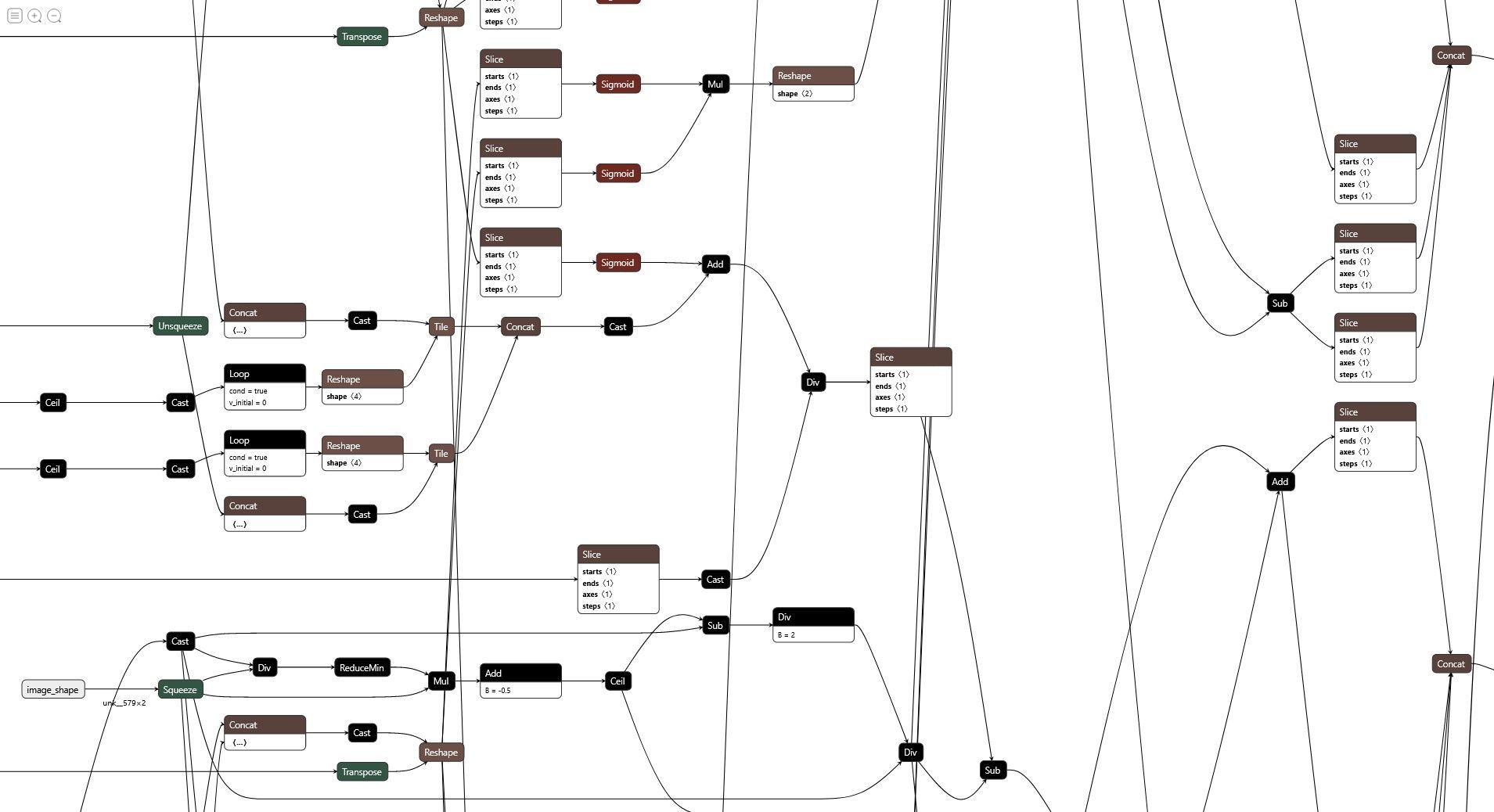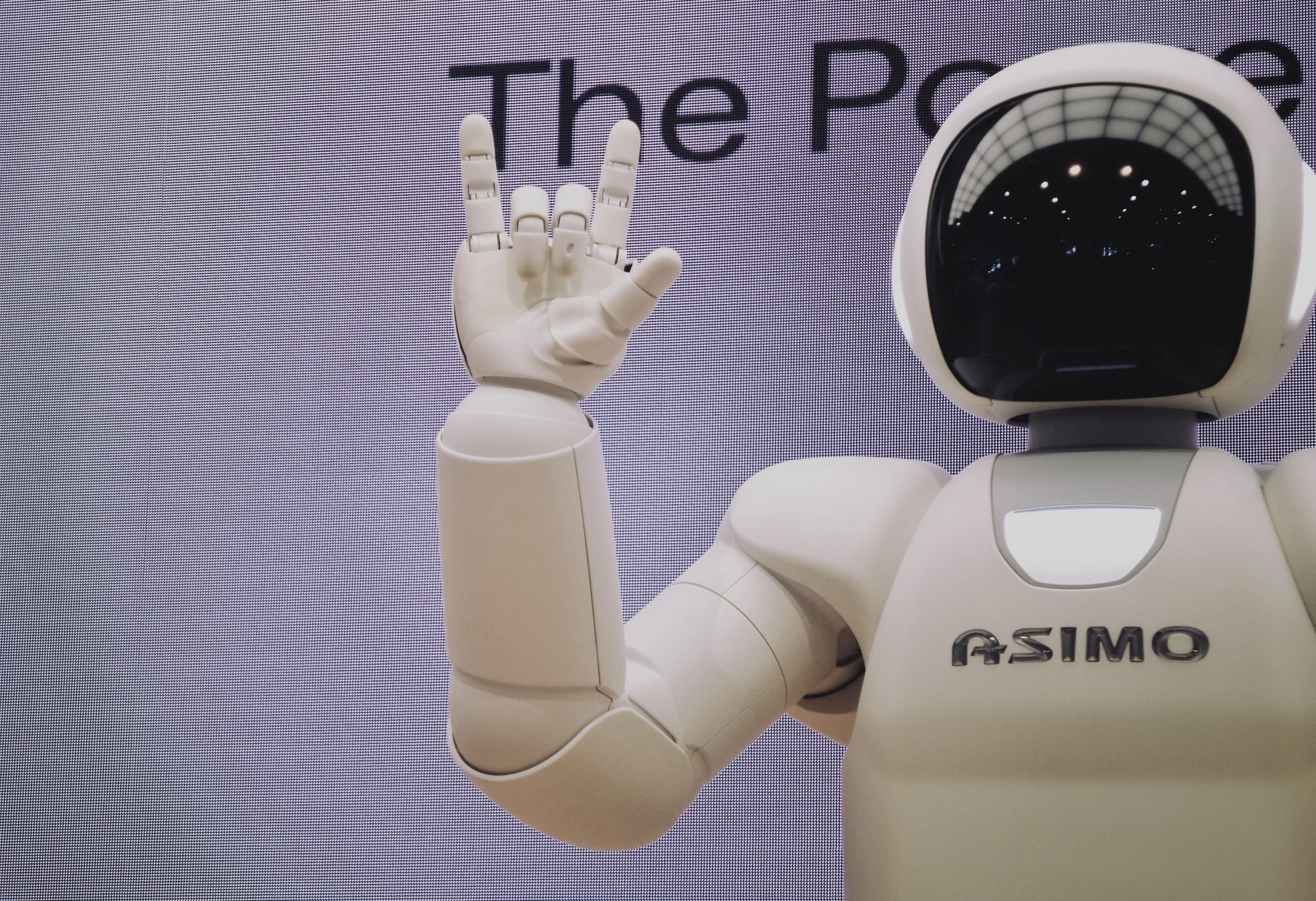Current data collection systems are literally drowning in data. Data scientists are trying to figure out how to leverage it. Metadata can help.
Continue reading...Autonomous Baby Steps
It seems like every AI/ML feed I follow, there is yet another company claiming to go from fully-manual to fully-autonomous in a single, giant, disruptive leap. This kind of overhype is doing way more harm than good.
Continue reading...Working with Microsoft’s ONNX Runtime
We’ll explore leveraging the Microsoft ONNX Runtime as a deployment tool in the Java ecosystem for pre-trained ML models.
Continue reading...Natural Language Processing vs. Understanding
By now, almost anyone reading this blog has experienced a conversational agent, or “chatbot” in some form or another. The funny thing is, as impressive as these modern chatbots are, they still have no real concept of understanding.
Continue reading...The Conceptual Limits of Deep Learning
There are many tasks machine learning is inherently not well suited for – these are tasks that require conceptual comprehension; curve fitting or pattern matching just won’t get you there.
Continue reading...Knowledge as Graphs; Graphs as Knowledge
In this article, we’ll briefly explore knowledge-oriented graph types and common uses in artificial intelligence as data structures and reasoning systems.
Continue reading...The Web API Trap
[X]aaS is great for proof-of-concept, rapid prototyping, and other quick turnaround development efforts; especially when they provide easy to use API endpoints. However, becoming over-dependent on these third-party vendors for you production systems can be a hidden liability to your product and business.
Continue reading...A quick look at the GDELT Mentions schema
The GDELT Project introduced in a previous post discussed the origins and high-level information included in the project’s datasets. This post will specifically explore the version 2.0 features of the Mentions dataset, which records where GDELT Events are initially discovered or later referenced, and statistics surrounding the mentions of the event in question.
Continue reading...Digging into the GDELT Event schema
The GDELT Project introduced in a previous post discussed the origins and high-level information included in the project’s datasets. This post will specifically explore the version 2.0 features of the Event dataset, which is the core data that everything else is keyed off.
Continue reading...Exploring the GDELT Project
The Global Database of Events, Language and Tone (GDELT) Project is a massive and extensive database of global events and related media mentions, as well as extracted/inferred information, going back to 1979. It provides a rich set of data that can be explored for macroeconomics, humanitarian relief, geopolitical movements, and so much more.
Continue reading...









